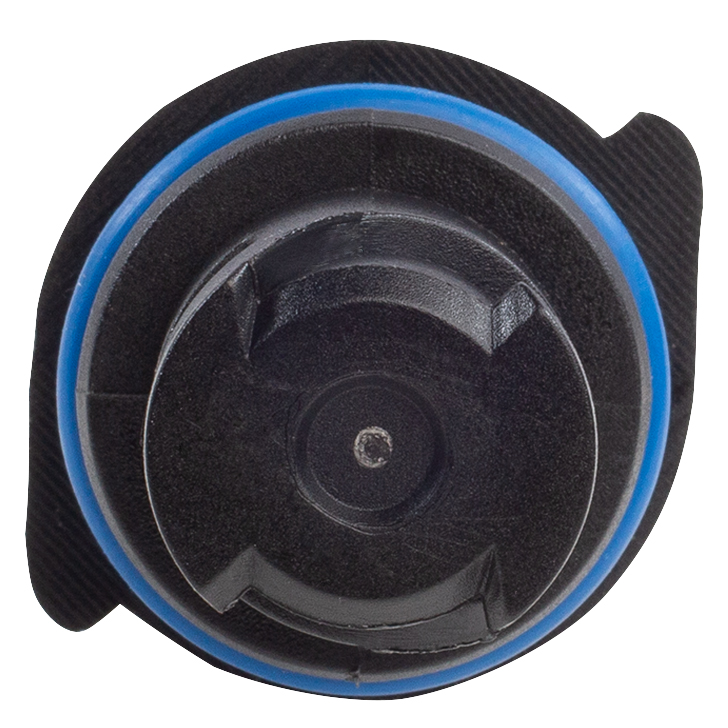high temp oil seal
High Temperature Oil Seals Essential Components for Extreme Conditions
In a world where machinery and automotive components are subjected to increasingly extreme environments, high temperature oil seals have emerged as critical components across various industries. These seals ensure that devices operate smoothly, efficiently, and for extended periods, even when faced with elevated temperatures and pressures. Understanding their functionality, materials, applications, and maintenance can lead to increased performance and reliability in systems ranging from automotive engines to industrial machinery.
What are High Temperature Oil Seals?
High temperature oil seals are specialized sealing devices designed to prevent the leakage of lubricants and fluids while resisting the degradation caused by elevated temperatures and pressures. They are installed in rotating shafts or within housings to protect the inner workings of machinery from contaminants and to retain lubricants that ensure smooth operation.
These seals function by creating a barrier that keeps the lubricant in and outside contaminants out. Their effectiveness relies on the quality of the materials used in their construction and the design tailored to withstand the specific environmental conditions they encounter.
Materials Used in High Temperature Oil Seals
The performance of high temperature oil seals is heavily dependent on the materials from which they are made. Common materials include
1. Fluoroelastomers (FKM) Known for their excellent temperature resistance, fluoroelastomers can operate efficiently in temperatures ranging from -20°C to 200°C (-4°F to 392°F). Their chemical resistance to oils, fuels, and various industrial fluids makes them a popular choice.
2. Silicone Rubber This material is particularly effective in temperature extremes, with capabilities of performing between -60°C to 230°C (-76°F to 446°F). Silicone oil seals maintain flexibility at high temperatures and have a good lifespan under thermal stress.
3. Polyacrylate Rubber (ACM) This material offers excellent resistance to heat and oxidation, along with good compatibility with various lubricants. Polyacrylate seals can generally handle temperatures up to 150°C (302°F).
4. PTFE (Polytetrafluoroethylene) Known for its extraordinary chemical resistance, PTFE is ideal for high-temperature applications, functioning well at temperatures up to 260°C (500°F).
Applications of High Temperature Oil Seals
High temperature oil seals find applications across a wide range of industries, including
high temp oil seal

- Automotive In vehicles, these seals protect engine components and transmission systems, ensuring efficient performance and preventing leaks that could lead to engine failure.
- Aerospace Aerospace applications require components that can withstand extreme conditions, making high temperature oil seals essential for aircraft engines and landing gear systems.
- Manufacturing and Industrial Machinery In heavy machinery, these seals ensure the smooth operation of gears, bearings, and other components that operate under high temperatures and loads.
- Marine The maritime industry utilizes high temperature oil seals in engines and pumps, protecting vital components from corrosive sea conditions while maintaining operational reliability.
Maintenance and Best Practices
To maximize the lifespan and effectiveness of high temperature oil seals, it is essential to implement proper maintenance practices. Here are some best practices
1. Regular Inspections Periodically inspect seals for signs of wear or damage, especially in high usage environments. Early detection can prevent costly repairs.
2. Proper Installation Ensure that seals are installed according to manufacturer specifications. Incorrect installation can lead to premature failure.
3. Use Compatible Lubricants Always use lubricants that are compatible with the seal materials to avoid degradation.
4. Monitor Operating Conditions Keep track of the operational environment and conditions to identify any changes that could affect seal performance.
Conclusion
High temperature oil seals are indispensable components that contribute significantly to the efficiency and reliability of machinery and automotive systems. By understanding their functions, materials, applications, and maintenance requirements, industries can ensure optimal performance even in the harshest environments. As technology continues to advance, the development of even more resilient materials and designs will allow high temperature oil seals to meet the demands of modern engineering challenges, further highlighting their importance in various applications.
-
The Ultimate Guide to Car Repair Kits: Tools and Essentials Every Driver Should Own
News Aug.01,2025
-
The Complete Guide to Oil Pan Gaskets: Sealing Engine Leaks the Right Way
News Aug.01,2025
-
Preventing Oil Leaks: A Complete Guide to Oil Pan Gaskets and Drain Seals
News Aug.01,2025
-
Everything You Need to Know About Oil Pan Gaskets and Drain Plug Seals
News Aug.01,2025
-
Essential for Car Owners: How to Use a Car Repair Kit to Deal with Minor Breakdown
News Aug.01,2025
-
Comprehensive Guide to Engine Oil Sump Gaskets and Related Seals
News Aug.01,2025
-
The Ultimate Guide to Boat Propeller Bearings and Trailer Wheel Bearings
News Jul.31,2025
Products categories















